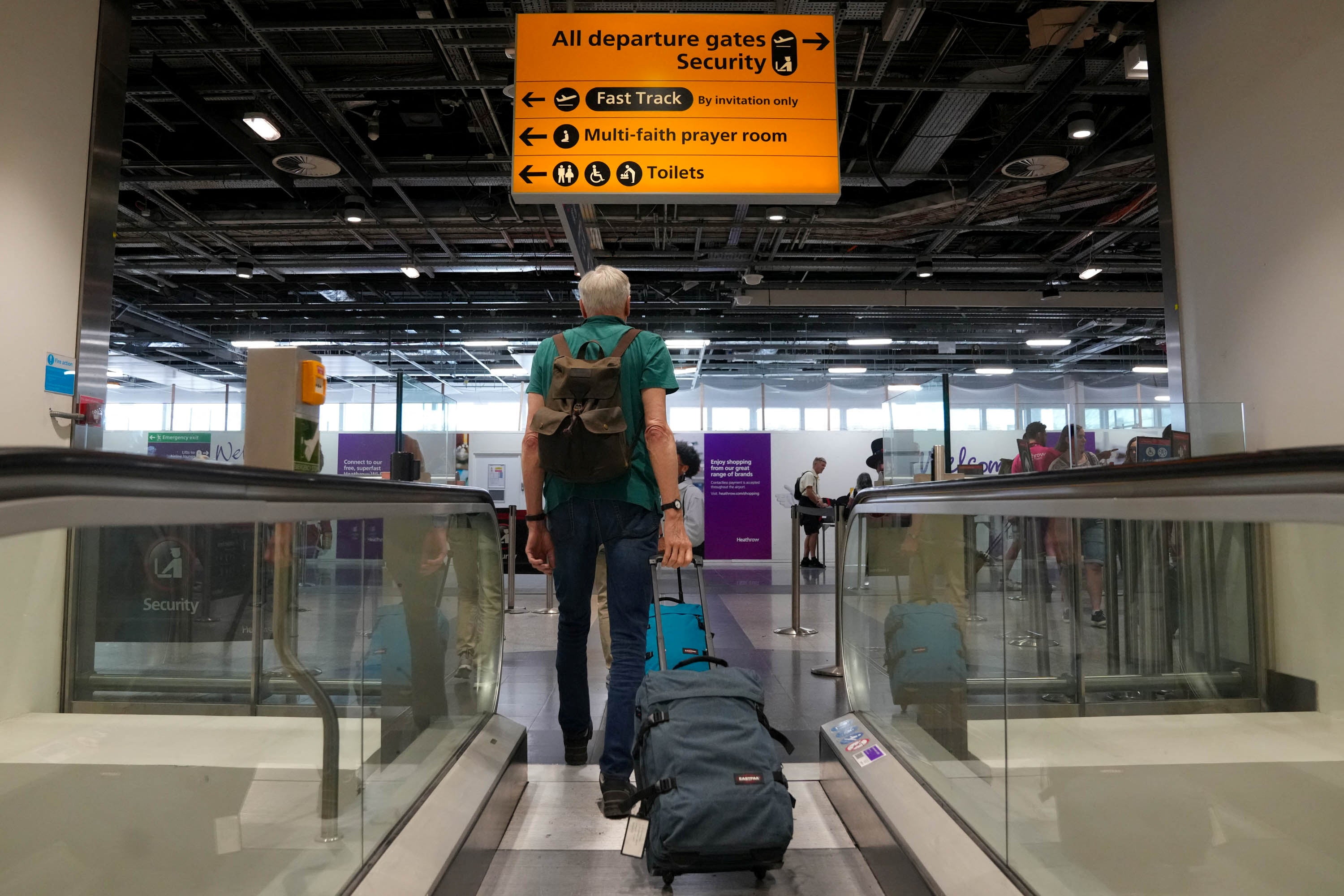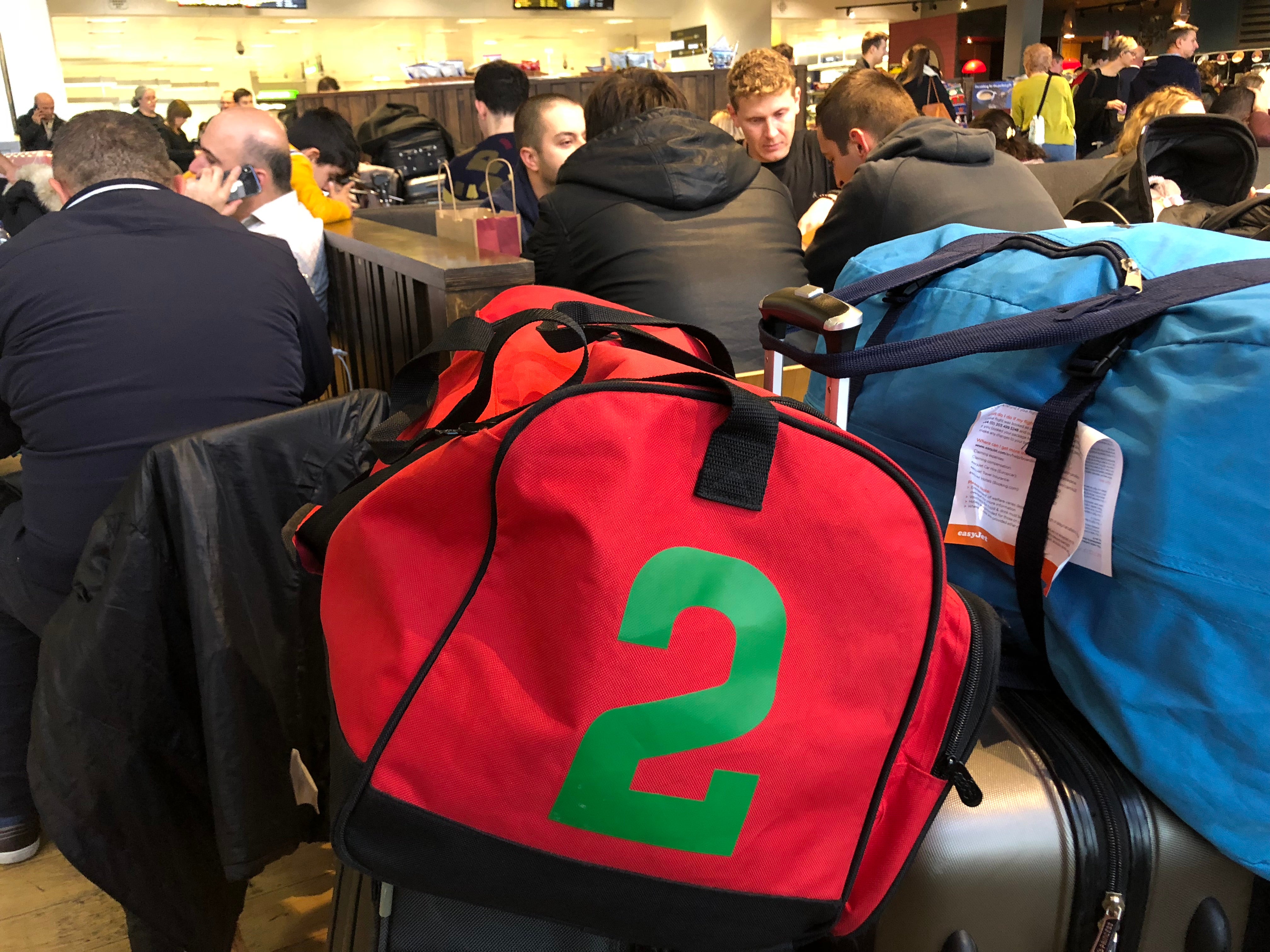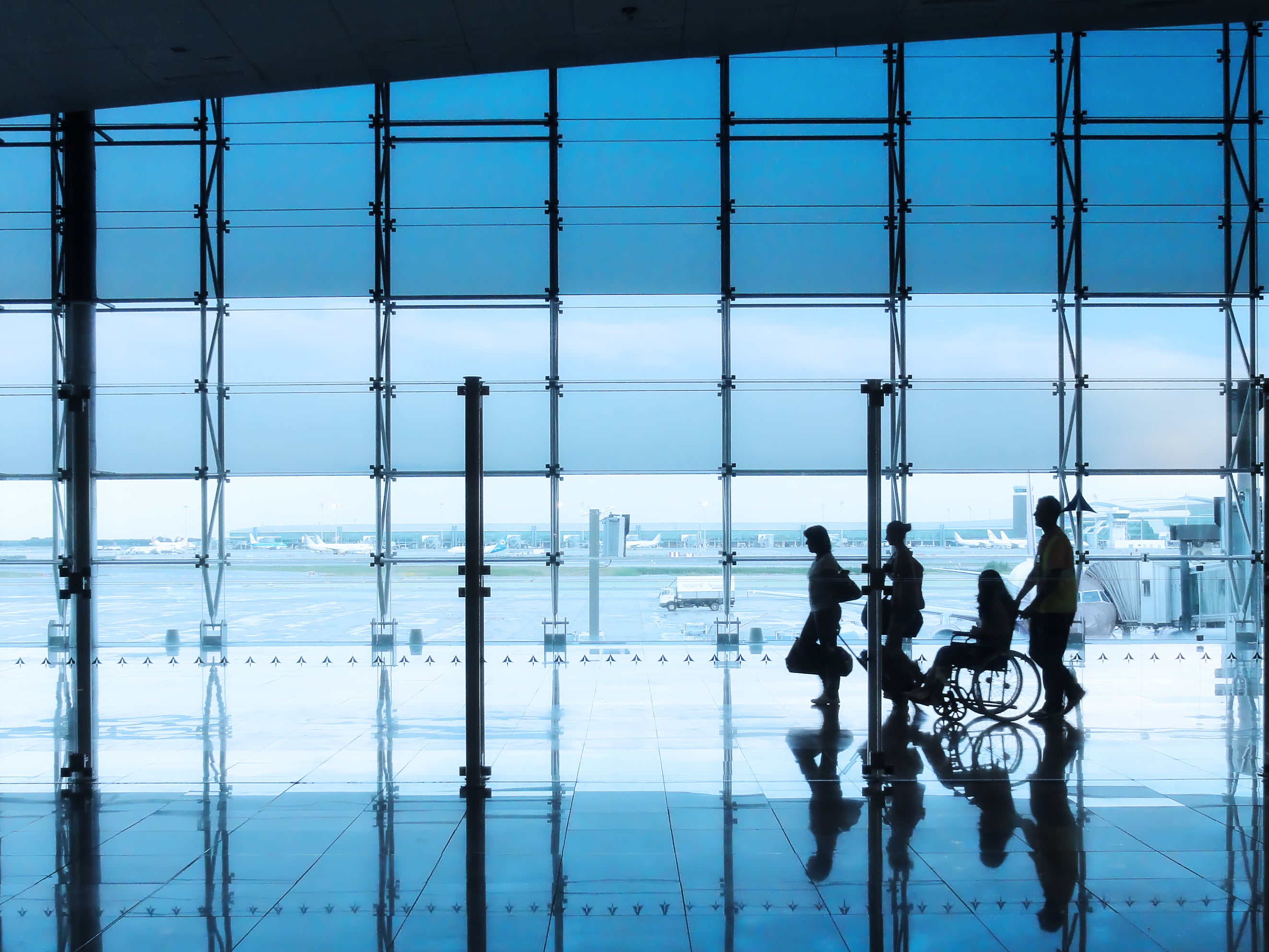Why do airlines frequently overbook popular flights?
Simon Calder talks overbooking, lost luggage and airlines charging for special assistance


Q You wrote that you are a fan of overbooking. How can you be a fan of airlines selling seats that are not there?
Daniele B
A The background: a significant number of passengers “no show” for flights for which they have confirmed reservations. While the proportion varies from one flight to another, the industry average is around 5 per cent. That works out at 10 passengers on a typical 200-seat short-haul jet. Many airlines are prepared to “oversell” popular flights – ie offer more tickets than they have seats available. If they guess right, overbooking can be a very profitable sideliner.
My observation that I am a fan of overbooking triggered many angry responses. Another reader wrote: “Overbooking should be made illegal. It’s purely another money-making scheme.” But I applaud the practice, when correctly managed because there are other beneficiaries besides the airline. Someone who needs to make a last-minute emergency dash can become the 201st ticket holder for that 200-seater jet. And the environmental damage per passenger is very slightly reduced when planes fly with more seats occupied.
My caveat is “when correctly managed”. The expectation (backed by law in the UK, European Union and US), is this: if too many passengers show up, the airline must immediately seek volunteers to give up their seats. Morally, I believe the carrier should keep raising the incentive until enough passengers are happy to walk away.
The booking system will have been tuned to try to make thousands of pounds in extra revenue, and very often that will happen with no offloading necessary. In return, the airline must be generous when it bets wrong and there are more ticket holders in the departure lounge than seats on the plane.
In my experience, American carriers are very good at handling such situations. They will often discreetly enrol “just in case” volunteers ahead of the closure of the flight. The deal is that, if called upon to offload, they will be showered with benefits such as cash, perhaps a free flight, a night in a hotel if it means an overnight stay, etc. When there are too many passengers in such cases, there will be cheerful offloadees – often including me. The converse, though, is what happens too often in the UK: when airline ground staff don’t bother to bid for volunteers and just offload (typically) the last people to check in.

Q I’m seeking your advice on how to claim for essentials after my airline misrouted my luggage. The bag went to Bahrain while I went to Stuttgart. It was missing for three days. As it is winter, I had to buy a coat (mine was in the bag). The airline website says I should contact my travel insurer first because “a personal policy will likely provide a greater level of cover than we can offer”. Is this correct?
Johannes D
A I am glad you were finally reunited with your bag, as the vast majority of passengers are. But the suggestion from your airline that you ask your travel insurer to cough up looks preposterous to me. There is a simple contractual relationship between you and the carrier, which is supposed to convey you and your baggage to your destination. The deal is that if your luggage is missing and you have to spend on essential items, the airline should reimburse you. Were you to follow the airline’s advice and contact your insurer, I predict you would be swiftly reminded of the carrier’s obligation to you.
Travel insurance is irrelevant in most common scenarios when flights go awry, whether due to cancellations or missing bags. So go ahead and claim from the airline, providing receipts for everything you had to buy as a result of your bag’s Middle East excursion.
The problem you may encounter, though, is over the cost of the coat. The airline will routinely cover the price of essentials such as basic toiletries, together with (for example) a change of underwear and a clean shirt. A coat, though, may prove tricky – especially if it is a good-quality garment at a commensurate price. My prediction is that you will get pushback at anything more than £100. The airline may argue that you could have picked up something that would do the job perfectly adequately for (say) £50. Were this to happen, you would face the choice of accepting part payment or indicating that you will take legal action. I hope the matter ends amicably, and that next time you avoid any problem by taking cabin baggage only.

Q I am experiencing sheer frustration with a forthcoming flight from Bangkok to Vientiane in Laos. My disabled daughter uses a manual wheelchair. She cannot travel without it and requires special assistance. We are travelling from London to Bangkok where we will break the journey overnight before continuing to Laos. I booked the short onward flight on AirAsia through the travel agency Kiwi. But when trying to arrange special assistance I have encountered discrimination. AirAsia wants to charge a fee for wheelchair handling, and Kiwi wants to charge an extra €30 (£26) “handling fee” on top of that.
Although my ticket doesn’t allow cancellation, I have asked for a full refund due to the discrimination shown by charging for special assistance. Could you possibly help me with a refund?
Name supplied
A It sounds a really difficult situation, and I sympathise with you and your daughter’s predicament. I am afraid, though, I see no prospect of obtaining a refund. Unlike in the UK, the EU and North America, budget airlines in southeast Asia tend to charge for handling wheelchairs. In this scenario, I always recommend booking a through-ticket, for example, from Heathrow via Bangkok to Vientiane on Thai Airways. That should ensure you get end-to-end care at no extra charge.
Also, buying a separate trip from Thailand to Laos through a Czech-based online travel agent such as Kiwi is not something I would advise when special assistance is needed. I occasionally buy tickets through Kiwi when the fare is significantly lower than booking direct, but I never expect to get any meaningful customer service.
Given the circumstances, I can see no alternative but to pay for special assistance. In doing so I suggest you ignore Kiwi, the agent, which would just be extracting some more commission without being particularly helpful. Instead, liaise directly with AirAsia. You should be able to log on using your AirAsia flight reference number (six letters/numbers) and make the payment of around £7 direct.
One final reminder: you arrive from the UK at the main Bangkok airport, Suvarnabhumi (code BKK), but your onward flight to Vientiane departs from the old airport, Don Muang (DMK).
Email your question to s@hols.tv or tweet @simoncalder






Join our commenting forum
Join thought-provoking conversations, follow other Independent readers and see their replies
Comments